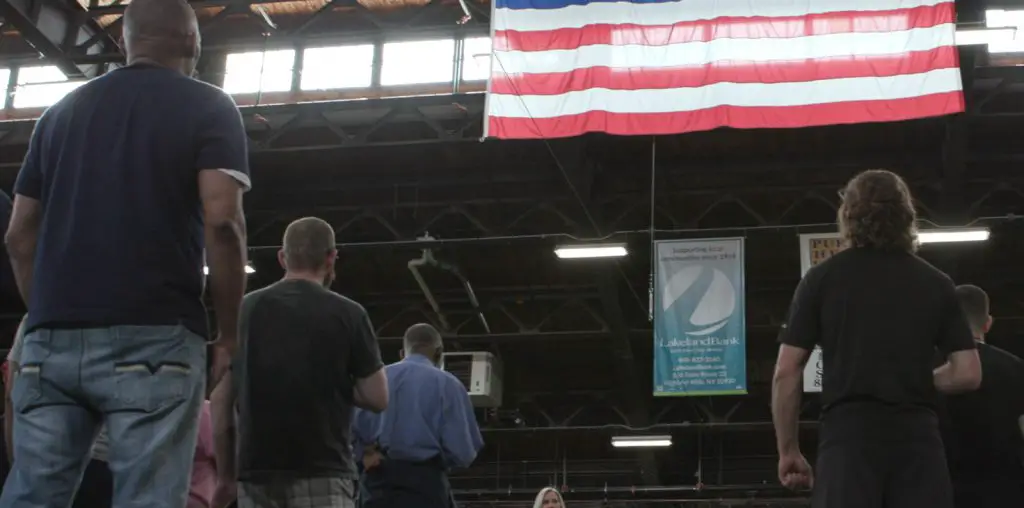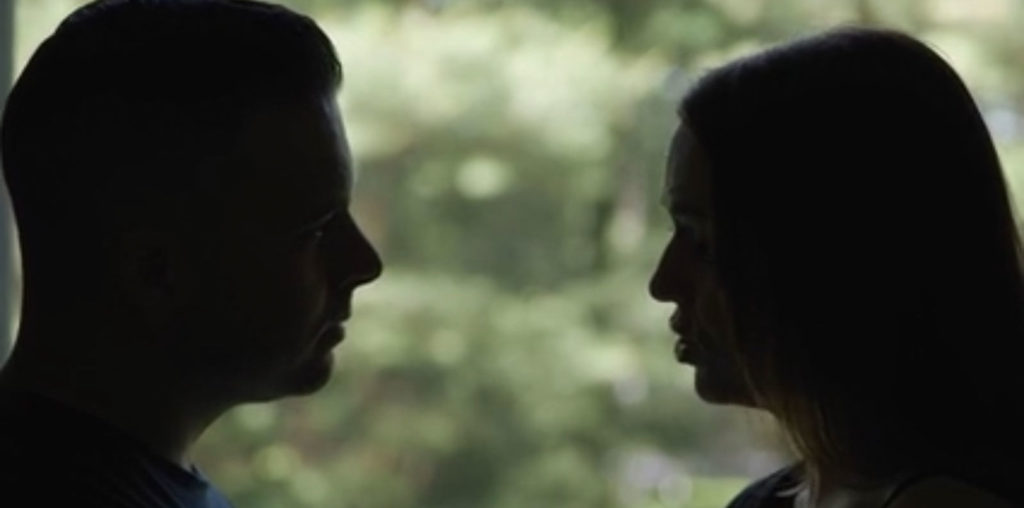
Yes, I keep up with the news, and I really do fancy myself a politically savvy individual. And without giving away my political party, I feel it’s necessary to keep up with the world events instead of keeling over and remaining in the shadows. So, I’ll write this review without lecturing you about the government’s lack of efforts in coming to help Africans in their sweeping pandemic of HIV and AIDS. I could lecture you on how unless it’s not directly involving this country, we don’t really care what happens, or how our lack of sympathy for these people can mean the extinction of a race, and I could cite how Bill Frist recently took half a million dollars from his AIDS charities just to pay his cronies. But I won’t do that, because you didn’t come here to read a political column, instead I’ll talk about this film.
One of my most grueling experiences on film was having to watch “Chernobyl Heart” for a review, which featured a hopelessly heartbreaking situation, and showed people of privilege coming to help them as best they could with baby steps. Sometimes a baby step can be the start of a big journey. “Dear Francis,” is not a film that attempts to solve problems, it’s a film that exposes this problem and begs that you find it in your heart to do what you can, while revealing some of the harshest of situations involving rape, molestation, and hunger. What “Dear Francis,” does is explores the small village of Swaziland and it’s near extinct culture in Africa of people infected with HIV, 40% to be exact. “Dear Francis,” not only explores the myths they practice there (how having sex with a virgin can cure HIV), but how two privileged people attempt to change what is happening one baby step at a time. But can you help a society that deems misery as a norm? Where a disease so prevalent is as common as the flu?
There are no answers to those questions, but this beautiful chronicle really does attempt to shed much light on this situation, and educate us. It’s utterly mind-boggling how this film hasn’t been exposed more to the public. The directors paint this film with beauty that has tragedy in to the seams, and the two people that visit this place come to educate the children about abstinence, and help them through their lives of agony and rampant sexual abuse. These children write to a person named “Francis” and anonymously voice their thoughts, and worries, and fears and in one of the most heartbreaking scenes, Lance and Kelly sit to read them all and gain a sense of realization that sexual abuse is perhaps not so isolated in this area.
“Dear Francis,” is not only just a documentary about helping or trying to help these people, but exploring how these two college students, Lance and Kelly, break free from their own thought processes and really do gain a different perspective on life, and tragedy. “Dear Francis,” never exploits the people focused on, and never stages any sequences, it simply shows us the harsh realities of living in this place, and cruel inhumane crimes committed on children no older than ten without any justice done to the criminals. The people here featured also venture in to their own personal journeys of exploration, both emotional and heartbreaking.
Lance discovers that abstinence and teaching it to boys is much harder than it seems but he gets through to one and attempts to help the young man named Senzo and convince him to get an HIV test, while Kelly visits an orphanage and bonds with the abandoned children and listens in tears to some of the utterly cold-hearted cases. It’s beautifully shot, wonderfully written, and sublime from start to finish, and it managed in some cases to open my eyes. It really shows how two people with goals and ideals can help others a great deal through small tasks. It’s trite, but hell, it’s true.

